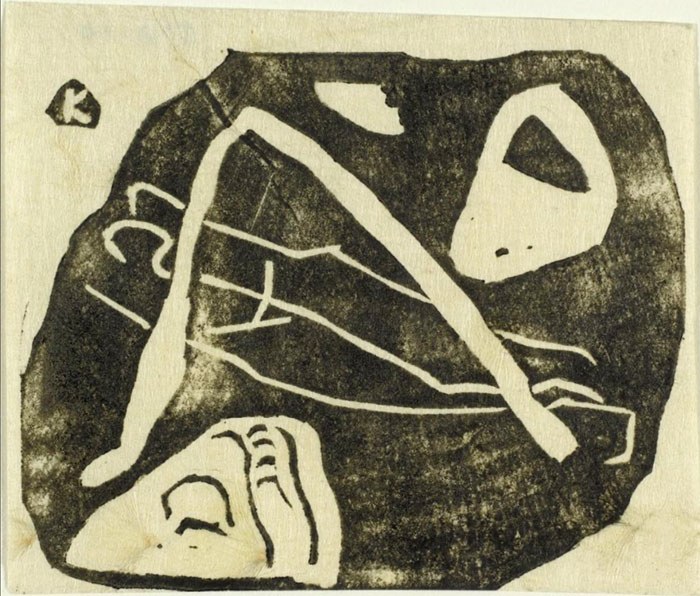Workshop // Anne Grasselli: The Harmonised Whole – Wassily Kandinsky and Principles in Visual Perception from Jugendstil through Der Blaue Reiter
Termindetails
Wann
von 12:00 bis 13:00
Art
Wo
The polymath and artist-theorist Wassily Kandinsky (1866-1944) was one of the great pioneers who led contemporary art of the early decades of the twentieth century into a unique form of pure abstraction. From the initial stages of his career, his interest in multiple disciplines, including economics, law, science, mathematics, and perhaps most importantly, visual perception, impelled him to seek a distinctive balance between art and science in his compositions. He devoted his life to finding spiritual and mathematic unity in his works, fusing a logical, scientific rationale with his imaginative creations. A decided shift away from representational to nonobjective art in his oeuvre, and later toward largely geometric images, ultimately points to the importance of understanding to what extent ideas on visual perception played a role in his art. Kandinsky’s treatises, essays, and notes ally him in many ways with works published by experimental psychologists who were studying visual perception and optical illusions at the turn of the twentieth century, such as Wilhelm Wundt (1832-1920) and Theodor Lipps (1851-1914). Their theories on visual perception and sensory reception were developed at the same time as Kandinsky extensively studied in his own art and writings the optical effects of shapes, lines, colours, and planes, prompting questions about who might have influenced whom. What will be presented here are new approaches to the study of how, through the use of similar theories espoused by experimental psychologists, Kandinsky produced a deeply intellectual art that was rich in visual and psychological sub-matter. He challenged how the viewer interprets spatial relationships, and his brilliantly wrought abstractions stand as an inimitable intersection of optical experimentation, illusion, and art.
Kandinsky’s treatises, essays, and notes ally him in many ways with works published by experimental psychologists who were studying visual perception and optical illusions at the turn of the twentieth century, such as Wilhelm Wundt (1832-1920) and Theodor Lipps (1851-1914). Their theories on visual perception and sensory reception were developed at the same time as Kandinsky extensively studied in his own art and writings the optical effects of shapes, lines, colours, and planes, prompting questions about who might have influenced whom. What will be presented here are new approaches to the study of how, through the use of similar theories espoused by experimental psychologists, Kandinsky produced a deeply intellectual art that was rich in visual and psychological sub-matter. He challenged how the viewer interprets spatial relationships, and his brilliantly wrought abstractions stand as an inimitable intersection of optical experimentation, illusion, and art.
[Caption: Wassily Kandinsky, Bunte Wiese (Pré bariolé), 1911, woodcut on paper, 6.4 x 7.3 cm, Centre Georges Pompidou, Paris. © Philippe Migeat - Centre Pompidou, MNAM-CCI /Dist. RMN-GP]
